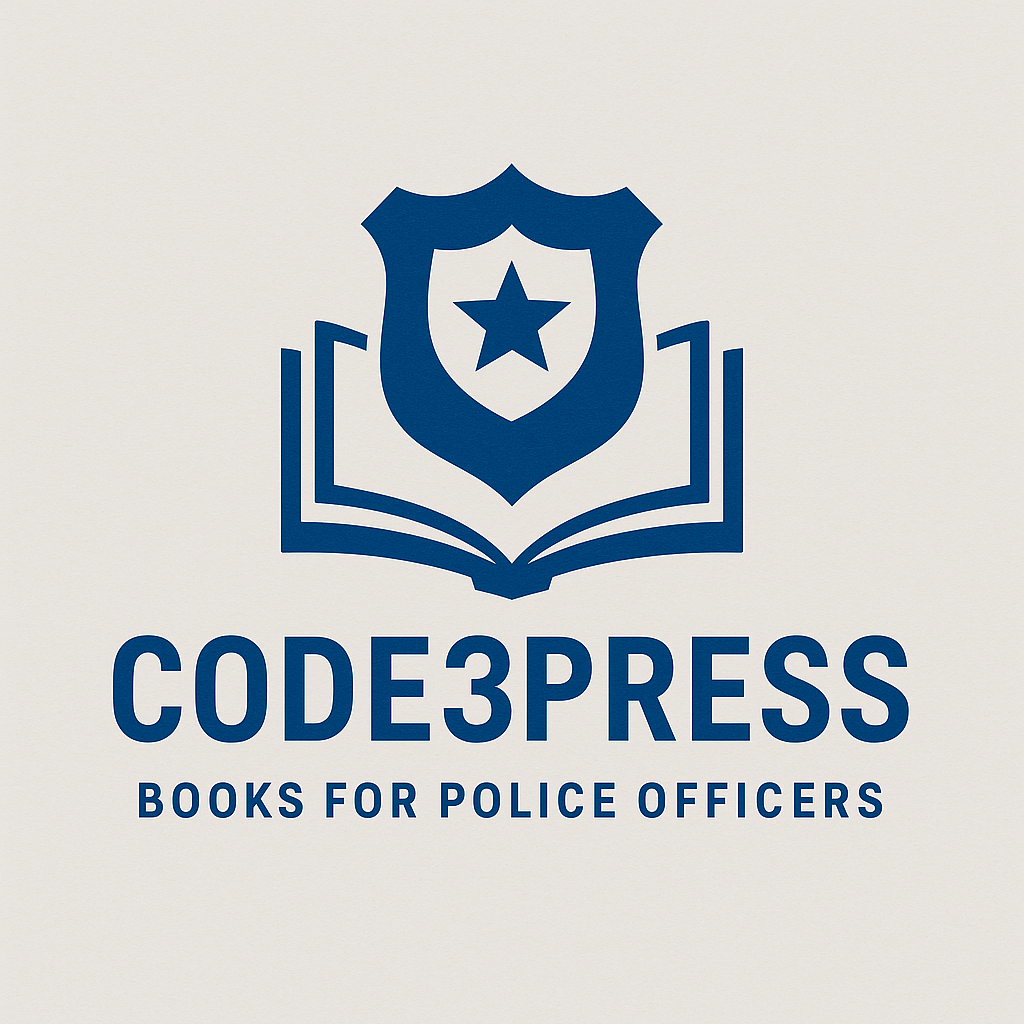Why Preparing for Your Police Entrance Exam Beats Winging It
If you’re serious about becoming a police officer in Canada, your journey starts long before you put on the uniform. It begins with the entrance exam—whether that’s the RCMP’s RPAB, Alberta’s APCAT, or another provincial/municipal test. This exam is designed to measure more than your academic skills. It tests your judgment, memory, observation, and ability to think like a police officer under pressure.
Some applicants walk into the exam room with the mindset of, “I’ll just wing it. I’ve always been good at tests.” But here’s the truth: winging it is a gamble, and the stakes couldn’t be higher. Passing the exam is the first hurdle between you and a rewarding career in law enforcement. Preparation is the difference between walking in with confidence versus leaving the room wondering if you’ll need to start all over again.
Why Winging It Doesn’t Work
Police entrance exams aren’t like the high school tests you might remember. They don’t just ask you to memorize facts or recall formulas. Instead, they challenge you to demonstrate practical thinking skills:
Situational judgment (how you’d react in real-life policing scenarios)
Observation and memory recall (noticing and remembering details under time pressure)
Problem solving and logic (using reasoning instead of guesswork)
Written communication (because accurate reporting is a core policing skill)
If you haven’t practiced these areas, the format and time constraints will quickly overwhelm you. Even strong test-takers often leave points on the table because they underestimated the challenge.
The Benefits of Preparation
When you prepare, you do more than memorize—you train your brain to think like an officer. Here’s why it pays off:
Confidence Under Pressure
Walking into the exam room knowing you’ve seen these question types before lowers anxiety. You’ll manage your time better and avoid panicking when something unfamiliar appears.Fewer Surprises
Practice tests show you the exact style and difficulty of questions you’ll face. No curveballs, no blindsides—you’ll know what to expect.Skill Development, Not Just Test Prep
The skills you practice—judgment, decision-making, memory, report writing—are the same ones you’ll use in training and on the job. Preparation sets you up for more than just passing a test; it sets you up for your career.Higher Success Rates
Most applicants who prepare with structured study guides and timed practice tests pass on their first try. Those who wing it often need multiple attempts, which delays their application and costs valuable time.
Your Career Deserves More Than Guesswork
Think about it: you wouldn’t show up to a fitness test without training. You wouldn’t walk into a police interview without rehearsing your answers. So why risk the written exam—the very foundation of your application—by winging it?
Preparing doesn’t have to be overwhelming. At Code3Press, we provide realistic practice tests, study guides, and training resources created by a Canadian police veteran. They’re designed to help you build skills, not just cram facts, so you can walk into exam day ready to perform.
Passing the police entrance exam isn’t about luck. It’s about preparation. Put in the work now, and you’ll thank yourself when you’re standing at Depot or the academy, one step closer to your badge.
